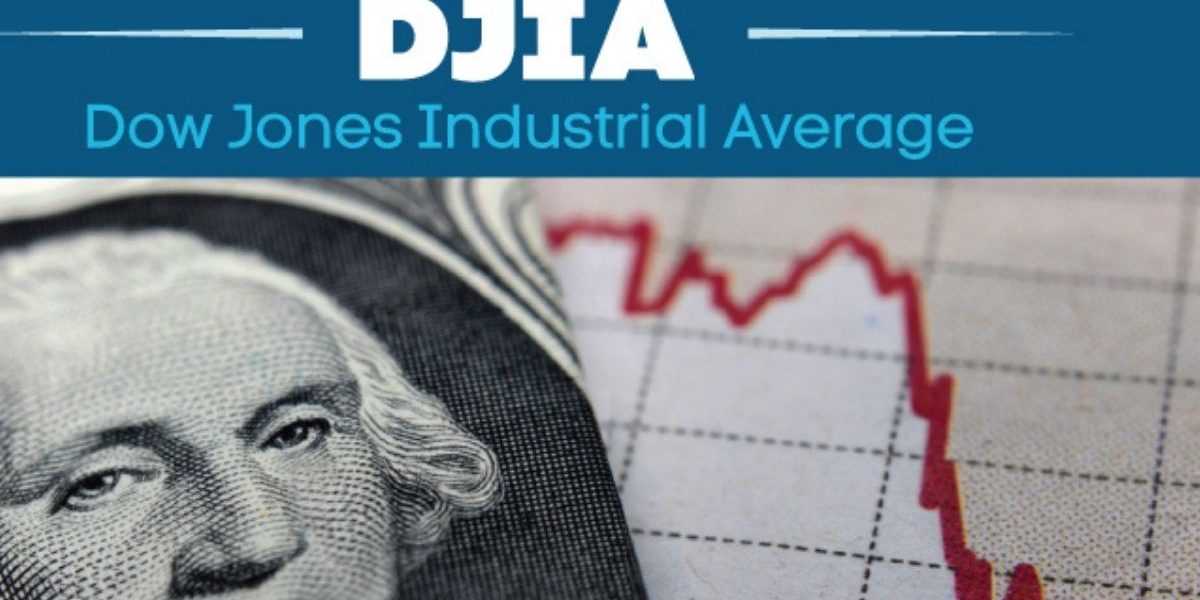Everything about Dow Jones Industrial Average (DJIA)

The Dow Jones Industrial Average (DJIA) measures the daily stock market movements of 30 U.S. publicly traded companies listed on the NASDAQ or the New York Stock Exchange (NYSE). The 30 publicly-owned companies are considered leaders in the United States economy.
The Dow Jones Industrial Average was introduced on May 26, 1896. The Dow was created by a man named Charles H. Dow, one of the founders of Dow Jones & Company, which was formed in 1882.
DJIA opens at 9:30 a.m. Eastern Time, and closes at 4:00 p.m. It is open from Monday to Friday and apart from Saturday and Sunday it is also closed on 9 other days i.e., New Year’s Day, Martin Luther King Jr. Day, Presidents’ Day (Washington’s Birthday), Good Friday, Memorial Day, Independence Day, Labor Day, Thanksgiving Day and Christmas Day.
The 30 Dow component companies are:
- 3M
- American Express
- Amgen
- Apple
- Boeing
- Caterpillar
- Chevron
- Cisco Systems
- Coca-Cola
- Dow
- Goldman Sachs Group
- Home Depot
- Honeywell International
- IBM
- Intel Corporation
- Johnson & Johnson
- JPMorgan Chase
- McDonald’s
- Merck
- Microsoft
- Nike
- Procter & Gamble
- Salesforce.com
- The Travelers Companies
- UnitedHealth Group Inc
- Verizon
- Visa
- Walgreen’s
- Walmart
- Walt Disney
The criticism DJIA have to face is because it is a price-weighted index. The index is calculated by taking the sum of the prices of all 30 stocks in the index. This sum is then divided by a divisor. The divisor is adjusted based on stock splits, spinoffs, or other changes in the market. Stocks with higher prices have a larger impact on movements in the index as compared to lower-priced stocks. As a price-weighted index, no consideration is given to the relative size of the industry sector of the stock or its market capitalization. Another criticism of the DJIA is that it represents a thin slice of the blue chip universe since it contains only 30 companies.



